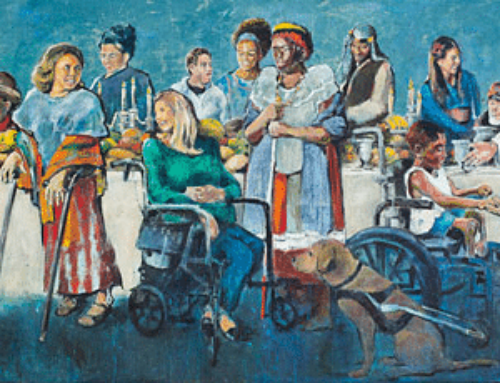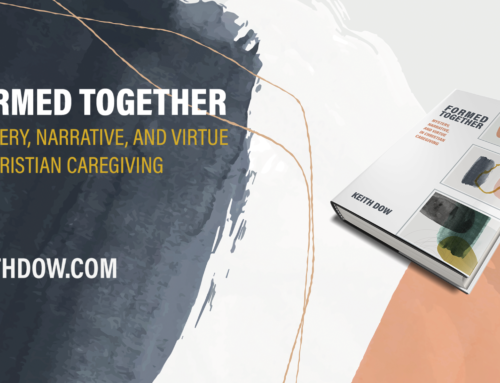The answer to this question seems to be rather simple. It would be ministry to people with a disability or special needs.
But what does that look like?
I recently encountered a comment by a church leader who was asking if it was worth having a disability ministry since they “only” have about four children with special needs in their church. To be honest, this statement shocked me.
I understand what the person was saying. They were asking if that is enough children to have an organized ministry that was aimed solely at children with special needs.
But is that the definition of disability ministry? Does disability ministry require its own staff person or volunteers? Does it require its own room and time to meet? As a parent of two children with autism, I would just assume that any church that we attended would provide ministry even if there were no other children with special needs. It would never enter my mind that ministry would have to wait until “critical mass.” I am not criticizing churches that have organized disability ministries that have specific events for large groups of people with special needs. I am just saying that is not the only form of disability ministry.
Those interested in disability ministry may find it interesting that there is an important conversation going on about the nature of youth ministry. There are some prominent voices arguing that the church made a mistake by having separate youth ministries and that the intent should have always been to have a generationally integrated church, that is the church should have become youth-friendly. As a former youth pastor, I do see the importance of youth groups but I can also appreciate the points on both sides.
There may be something in the youth conversation for disabilities ministries to learn from. What should the ultimate goal of the church be for those with special needs? Should it be to offer a disability program or should it be to make the church disability-friendly? A disability program may be a step toward that goal, but it is not the final goal.
 I recently wrote a book called How to Make Your Church Autism-Friendly (available in print or on Kindle). It is purposely not How to Set Up an Autism Ministry. As important as disability ministries are, they often miss the needs of the entire family. When a church becomes disability-friendly, it will begin to see the needs of the parents and siblings as well as the person with the disability.
I recently wrote a book called How to Make Your Church Autism-Friendly (available in print or on Kindle). It is purposely not How to Set Up an Autism Ministry. As important as disability ministries are, they often miss the needs of the entire family. When a church becomes disability-friendly, it will begin to see the needs of the parents and siblings as well as the person with the disability.
If your church has an organized disability ministry, God bless you. Use that as one part of the goal of welcoming those with disabilities and their families into your community. If you are a small church with one person with special needs, God bless you. You have no less opportunity for ministry than the big church.
Stephen Bedard is married with five children and lives in Cambridge, ON. He is the director of Hope’s Reason and his website is www.stephenjbedard.com.
In the video below Stephen describes his journey to becoming involved in resourcing accessible ministry:


